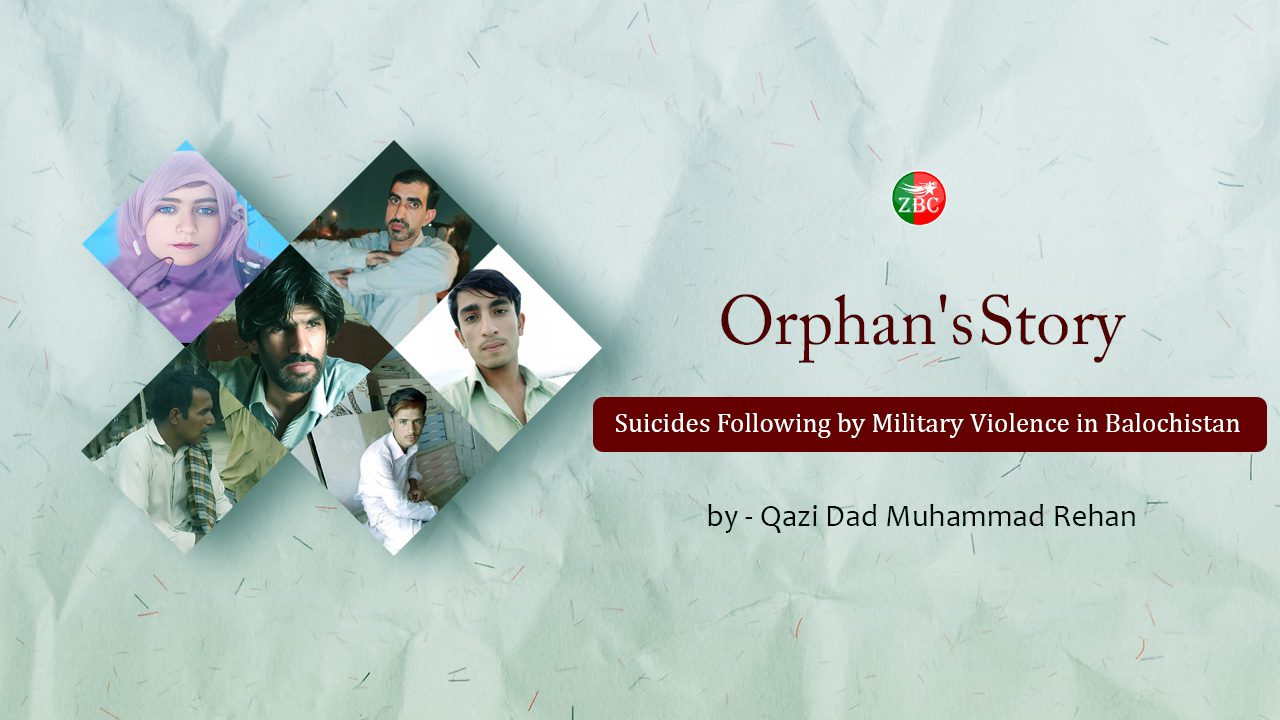The extent of state atrocities in Balochistan is difficult for those outside the region to comprehend. Balochistan has long been a strategic area in the geopolitical games of world powers. Colonialism devastated the culture, geography, and social structures of many nations, and the Baloch nation is among those deeply affected.India was colonized by the British Empire, driven by a desire for immense wealth. However, maintaining this occupation was challenging due to internal and external conflicts. Expansionism became a necessary tactic for the survival of the colonial occupation. In this pursuit, Afghanistan and Balochistan became areas of interest due to their strategic importance for the British garrison and safe passage, leading to instability spreading like a cancer.
British imperialism brought many misfortunes to our region, but the cruelest act was against the Baloch nation. After the partition of India, Pakistan was given power and provided all kinds of support to occupy Balochistan.
However, nations do not accept slavery. The strong may temporarily subdue them, but the resistance of the weak intensifies the struggle, eventually endangering the survival of the occupier. Due to the occupation of Balochistan, Pakistan became a security state rather than a democratic welfare state. A large army and the military’s complete control over state decisions are rooted in the expansionist policies of the occupying state. These policies instill fear in the minds of the ruling powers, creating a psychological state that fosters violence and denies citizens their rights at all levels.
The above is a brief sketch of Pakistan when we discuss its type of state. It is the most dangerous disease given to the world by British imperialism, for which no one is ready to take responsibility. In Balochistan, the severity of organized state atrocities has created a hollow society. It (Balochistan) is a country that has not only lost its identity but has been politically, economically, and socially destroyed. Balochistan, once an economically strong region due to its opportunities and resources, is now fragmented because the occupying Pakistan sees only its minerals and Gwadar port. Social development, political consciousness, and urban amenities threaten the interests of the Punjabi-majority army, so they seek to destroy them.
Despite all this, the Baloch nation is a source of anxiety for the Pakistani army due to their unprecedented resistance. Mocked by the Pakistani army as a mere handful, they now challenge the full military power of Pakistan. It is not just guerrilla organizations standing against the Pakistani army, but an entire nation, though this is not publicly acknowledged. Practically, it is clear from Pakistan’s reaction that they aim to erase the identity of the Baloch nation. Genocide is occurring in its full glory, with the all-out use of coercion and state institutions to erase national identity. Beyond conventional weapons, the Pakistani military has used enforced disappearances as a weapon against the Baloch Movement from the beginning. Those who survive prolonged and life-long enforced disappearances are often left psychologically devastated, living lives worse than death.
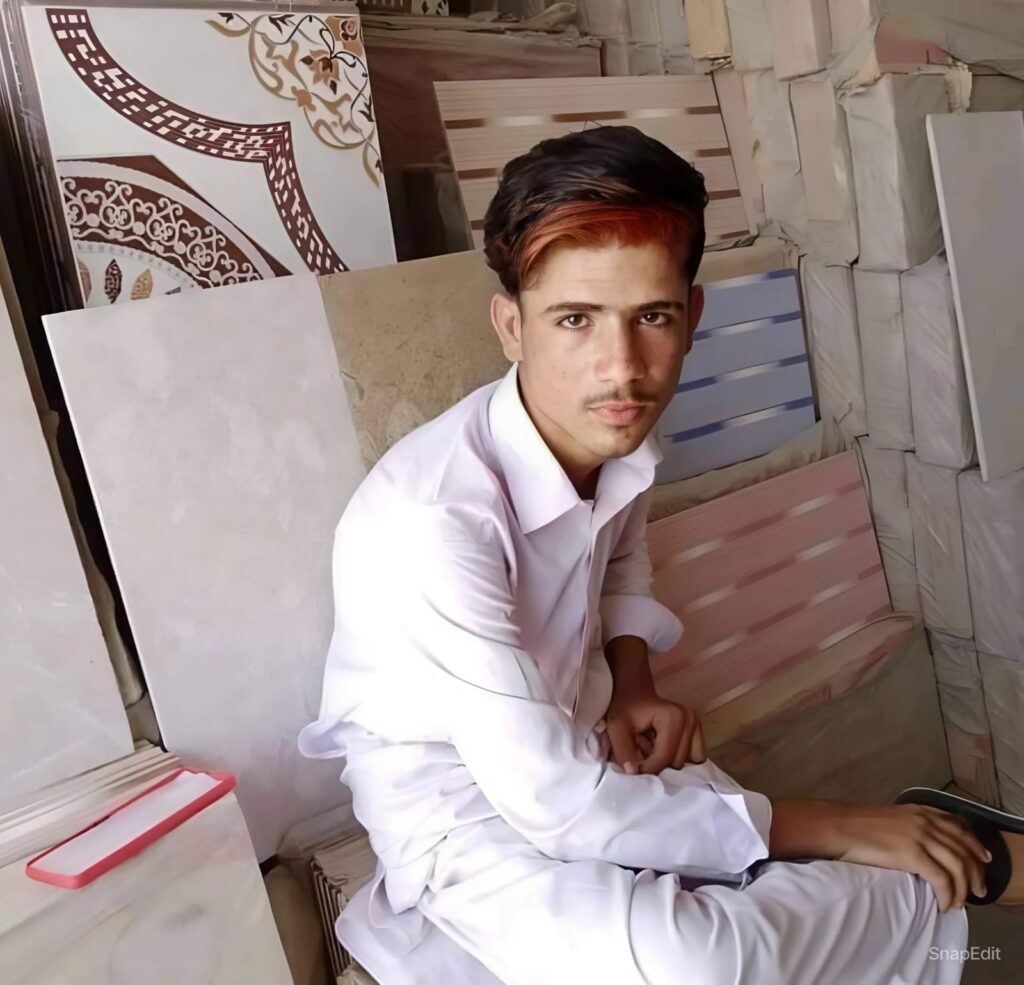
Many of these individuals have committed suicide due to constant fear. On June 19, 2024, Akhlaq Ahmad, a resident of Mullahi Bazar Turbat, District Kech, Balochistan, committed suicide. He was forcibly disappeared twice by the Pakistani army and subjected to torture. Even after his release, he was constantly called to the military camp and subjected to mental and physical torture. This was unbearable for the teenager, so he decided to end his life. If we observe the life of Akhlaq Ahmed, it is also known that he was an orphan. That is, his childhood was spent in deprivation and suffering, and when he was sixteen and seventeen years old, he was forced to disappear after being arrested by the Pakistani army. Survivors of enforced disappearances generally avoid mentioning the violence inflicted on them, but in the little information that comes out, there is mention of unspeakable violence, but what does not come up is that the Pakistani army’s torture and the evil method is sexual violence, the worst treatment through which the enforced disappearances lose their human existence forever even after recovery. After recovery, attention is paid to the rehabilitation of the victims’ mental health, but there is no facility available in Balochistan for mental health rehabilitation and treatment, nor is there any attention paid to it. Despite the verdicts, the state neither provides compensation nor provides rehabilitation assistance to victims.
Akhlaq Ahmed’s incident is not the first of its kind, but people have committed suicide in Balochistan because of the military oppression. Ironically, this trend continues to this day. Balochistan is also one of the regions of the world where the trend of suicide is at an alarming level, with the suicide rate of youth and women among the total population being the highest. Psychologists believe that suicide tends to increase in war-torn areas, a problem with several factors in Balochistan.
I have been contacted by many young people who express despair and suicidal tendencies; they are disgusted with the oppression of the Pakistani army in Balochistan, they are ready to risk their lives to end this oppression, for them the freedom movement is the only ray of hope. If it were not for them, the suicide rate would have been much higher.
An accurate record of those who committed suicide as a direct result of Pakistan Army atrocities is unavailable due to the lack of a reliable data center in Balochistan.
However, the Baloch National Movement (BNM) highlighted this issue in November 2022 and launched a media campaign. BNM revealed that in 2021, 80 people committed suicide in Balochistan, while till November 2022, 56 people had taken their own lives.
BNM published a short list of people who committed suicide as a direct result of violence by the Pakistani Army
– On May 20, 2021, Noorjan, a resident of Awaran, was continuously pressured by the Pakistani army to submit his daughter to the military camp. Unable to bear this pressure, he committed suicide.
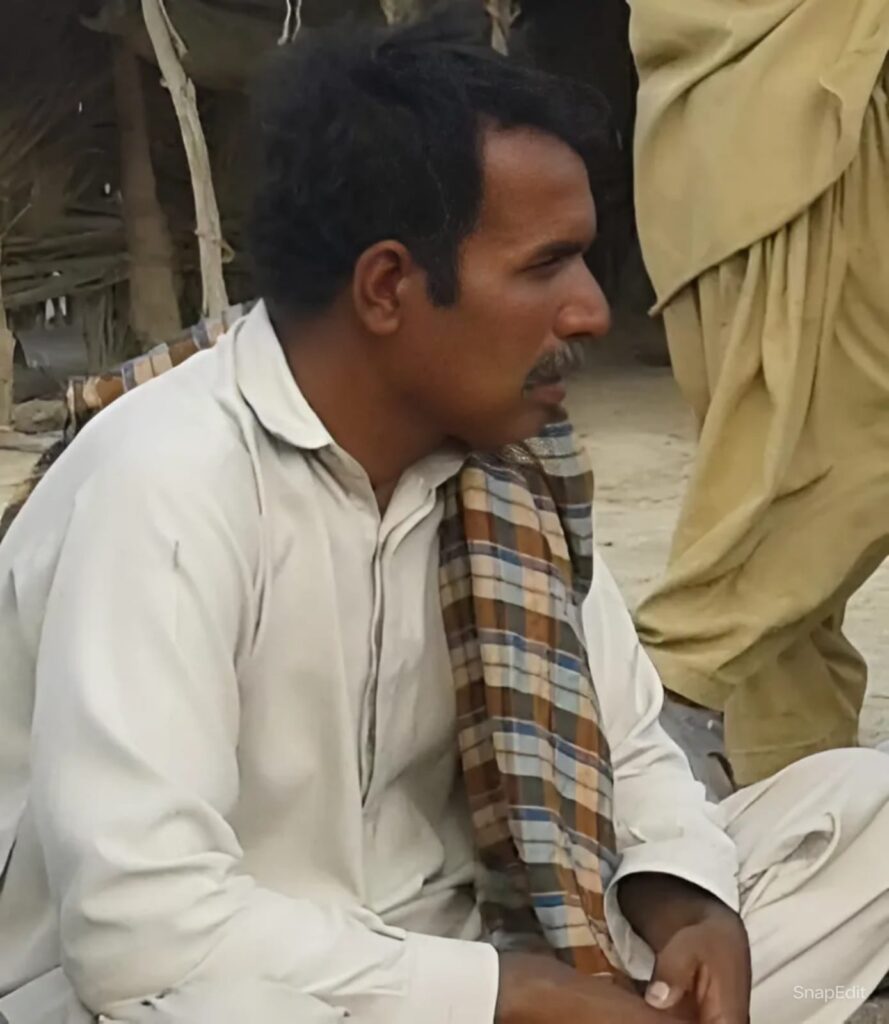
– On March 10, 2022, Chakar Majeed, a Class 9 student, took his own life after being forcibly disappeared by the Pakistani Army.
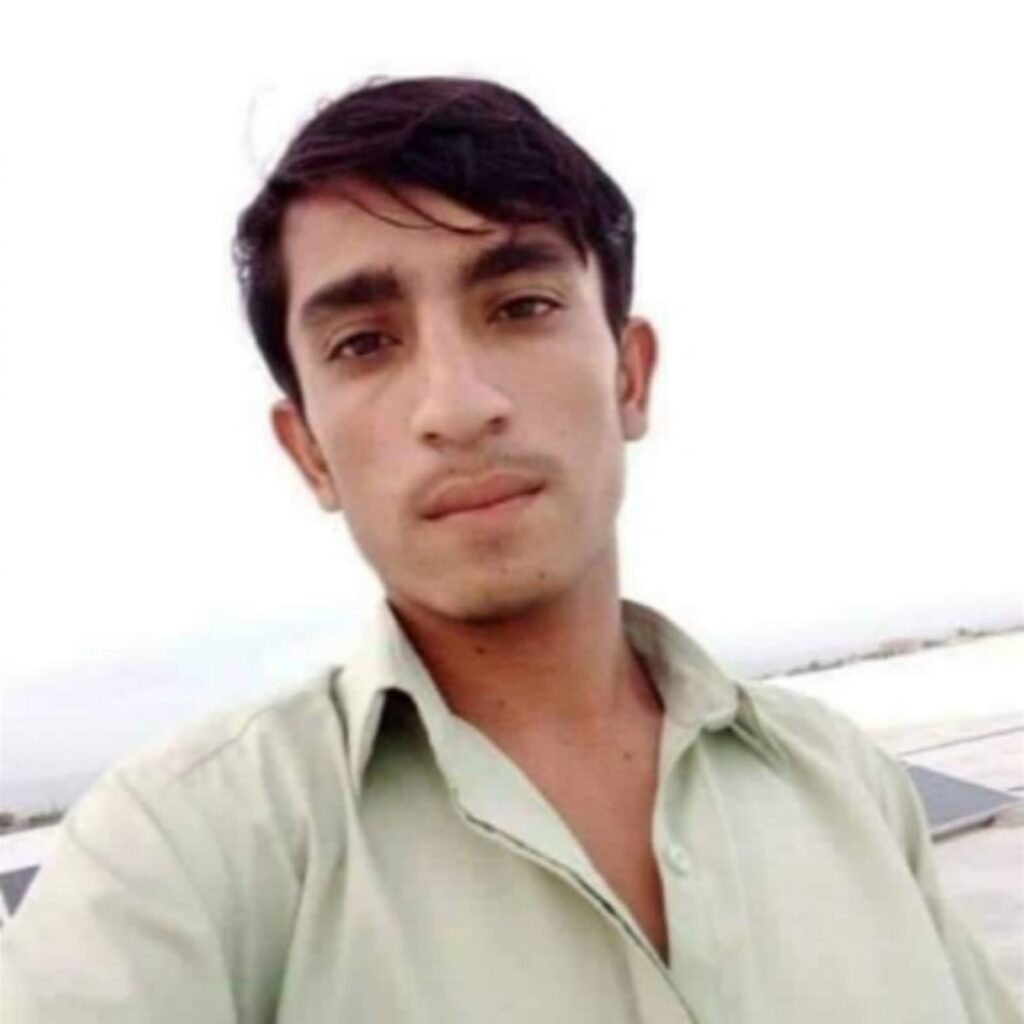
– Muheem, son of Asumi, committed suicide on August 30, 2022. He had been tortured by the Pakistani army during his enforced disappearance. After his release, he faced severe psychological problems, leading to his suicide.
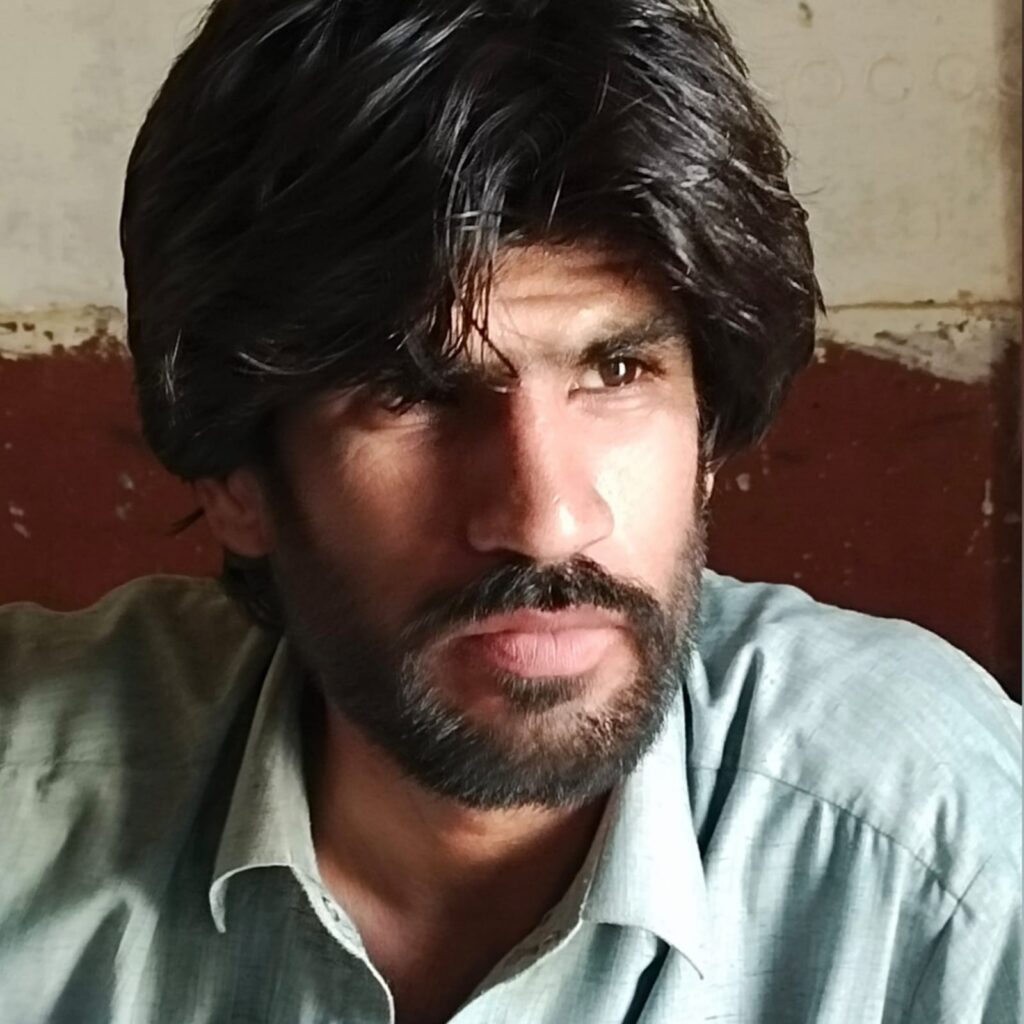
– On November 10, 2022, Amirzadi, a resident of Kharan, committed suicide due to continuous army raids on her house. Following her death, her husband, Lutfullah Yelanzhai, also committed suicide by shooting himself.

– On May 15, 2023, Najma, daughter of Dilsard, a school teacher and a resident of village Zek in the Gishkaur area of Awran district, committed suicide after being blackmailed by a police officer, Noor Bakhsh, a tool of the Pakistani army. The officer pressured her to spy on Baloch freedom fighters.

The darkest aspect of these incidents is the neglect of justice for the Baloch nation, leading to greater helplessness and despair. It seems that not only was Akhlaq Ahmed an orphan, but the whole of Balochistan is orphaned, with no hope of a better future.
Qazi Dad Muhammad Rehan (@QaziDMRehan) , Central information and cultural secretary of Baloch National Movement (BNM) @BNMovement,
